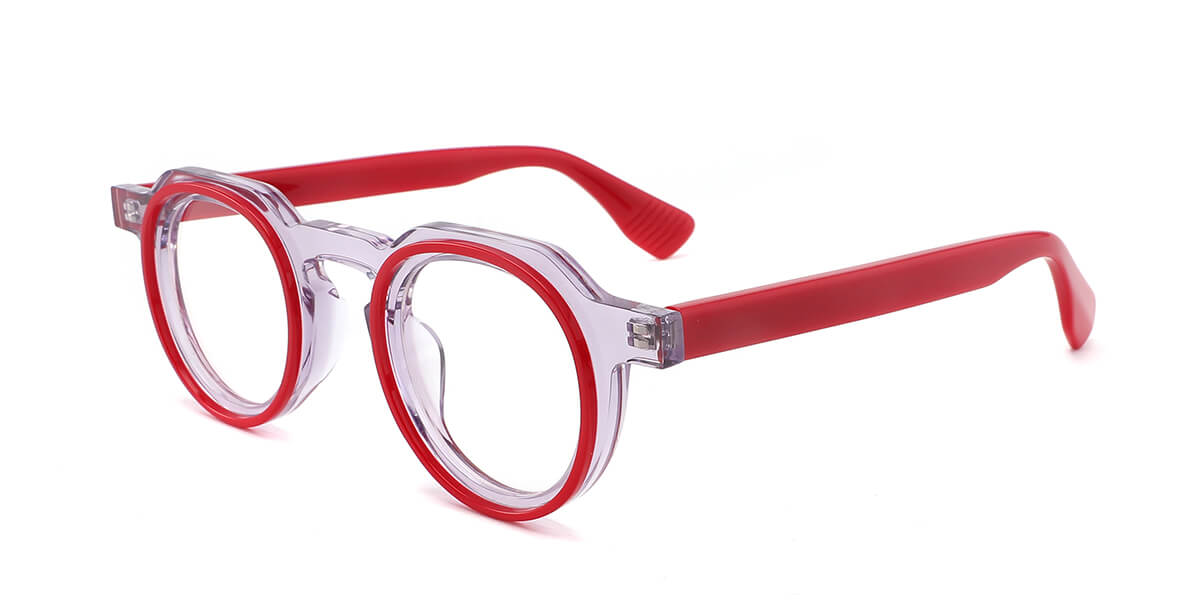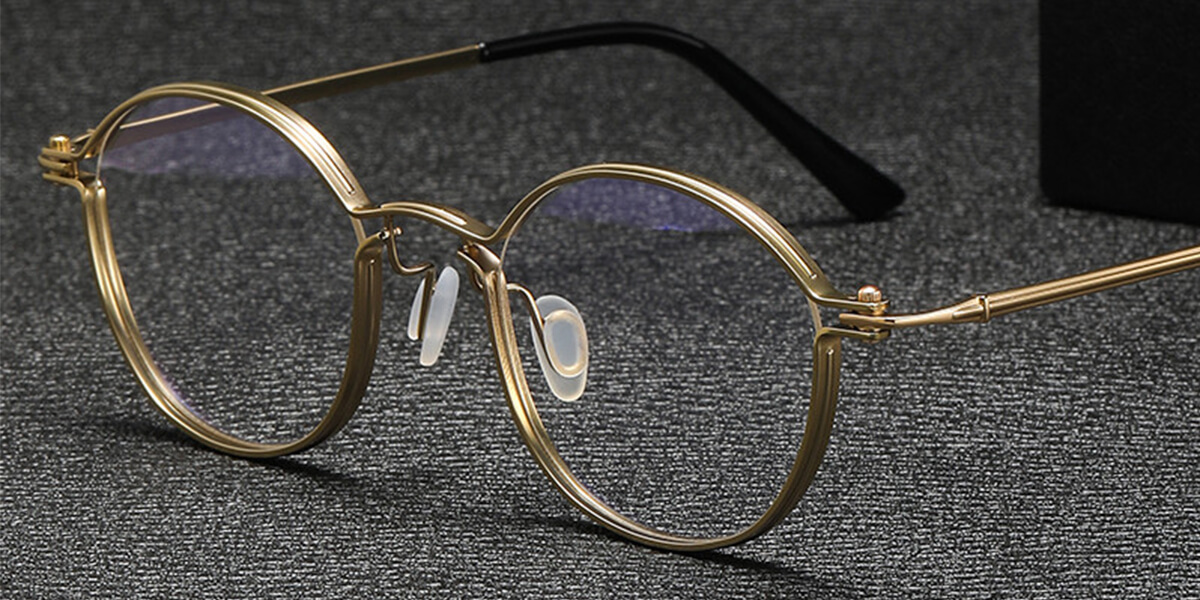
Are you ready to make a positive impact on the planet? Let's dive into the world of eco-friendly glasses. In a world where sustainability is becoming increasingly essential, choosing eco-friendly eyewear is a meaningful step towards a greener lifestyle. Whether you're already conscious of your environmental footprint or just starting your eco-friendly journey, opting for sustainable glasses is a decision that combines style with a commitment to the planet.
Why Choose Eco-Friendly Glasses?
Let's address the elephant in the room: why bother with eco-friendly glasses when there are more pressing issues like fast fashion and increasing emissions? The truth is, the sheer volume of glasses being replaced regularly adds up, contributing to landfill waste. With approximately 64% of Americans wearing prescription glasses, the environmental impact becomes significant. While eyewear may not be the largest contributor to landfill issues, it is a tangible problem that eco-friendly glasses aim to address.
What Are Eco-Friendly Glasses?
Eco-friendly glasses go beyond providing clear vision; they focus on reducing waste and minimizing environmental damage. These glasses strive to meet these goals through various means, such as rethinking packaging, supporting sustainable causes, and, most importantly, reconsidering the materials used in their production.
Benefits of Eco-Friendly Glasses:
Feel-Good Factor: Choosing eco-friendly glasses allows you to contribute to pollution reduction, waste minimization, and overall environmental improvement, providing a sense of responsibility and satisfaction.
Cost-Effective: While eco-friendly glasses might have a higher upfront cost, they often prove more cost-effective in the long run. Designed for durability, these glasses require less frequent replacement, saving you money in the long term.
Reduced Harmful Substances: Eco-friendly glasses prioritize materials that keep harmful chemicals and toxic substances at bay, ensuring that you don't unknowingly sport harmful elements on your face.
Versatility: Being eco-friendly doesn't mean sacrificing style. Sustainable glasses come in various designs, from eco-friendly polarized sunglasses to fashionable prescription options, ensuring there's a sustainable style for everyone.
Common Eco-Friendly Glasses Options:
Acetate: Despite some debate about its sustainability, acetate eyeglasses, a semi-synthetic material derived from cellulose found in plant cells, is considered eco-friendly by many. Some companies even experiment with bio-acetate, further reducing the environmental impact.

Wood or Bamboo: Natural materials like reclaimed wood and bamboo offer an eco-friendly alternative, provided they are ethically sourced. While wooden glasses may carry a higher price tag, they add a unique touch and contribute to sustainability.

Metal: Metal frames, often made from materials like titanium eyeglasses, aluminum, or stainless steel, are considered more durable and flexible than plastic frames. Opting for responsibly sourced metal eyeglassesframes contributes to a sustainable eyewear choice.

Vintage Frames: Turning to vintage frames is an excellent sustainable option, repurposing existing eyewear and giving it a new life. Vintage eyeglassesframes not only offer a unique style but also contribute to waste reduction.

Recycled Plastic: The concept of recycled plastic eyeglassesglasses is gaining popularity, with companies dedicated to repurposing plastic waste, including ocean salvaged plastic. From recycled acetate to plastics derived from discarded bottles, recycled plastic glasses actively contribute to waste reduction.

In conclusion, buying eco-friendly glasses involves considering the materials used, ethical sourcing, and the overall environmental impact of your eyewear. Making a conscious choice when purchasing glasses ensures that you not only enjoy clear vision but also play a part in creating a more sustainable and eco-friendly future.


